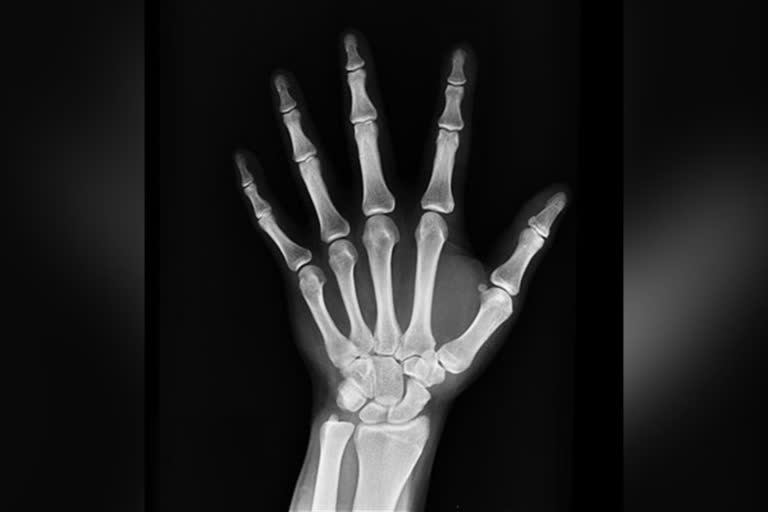Washington [US]: Researchers have identified a subpopulation of mesenchymal stem cells in the bone marrow that express the marker CD73. These cells have a higher potential for proliferation and differentiation, and play a significant role in bone healing, migrating to the site of a fracture and developing into cartilage and bone cells as part of the repair process. These cells have the potential for regenerative medicine.
MSCs are found in bone marrow, and are 'multipotent', meaning that they can both renew themselves and develop into a variety of specialized cell types, such as bone, fat, and cartilage cells. The researchers had previously developed a mouse line that uses green fluorescent protein to highlight cells expressing a particular molecule known as CD73. Studies of the bone marrow in this mouse revealed that a subpopulation of MSCs expressed CD73, as well as the sinusoidal Endothelial Cells (sECs) that are part of the vascular system of the bone marrow.
The CD73-positive MSCs could be seen to proliferate more than the CD73- negative MSCs, and to have a higher potential to differentiate into different cell types, indicating that this group of MSCs may be particularly effective for bone repair. The researchers therefore went on to study the functions of these CD73-positive MSCs in fracture healing.
Also read:Indian scientists discover new anti-cancer agent showing huge promise
